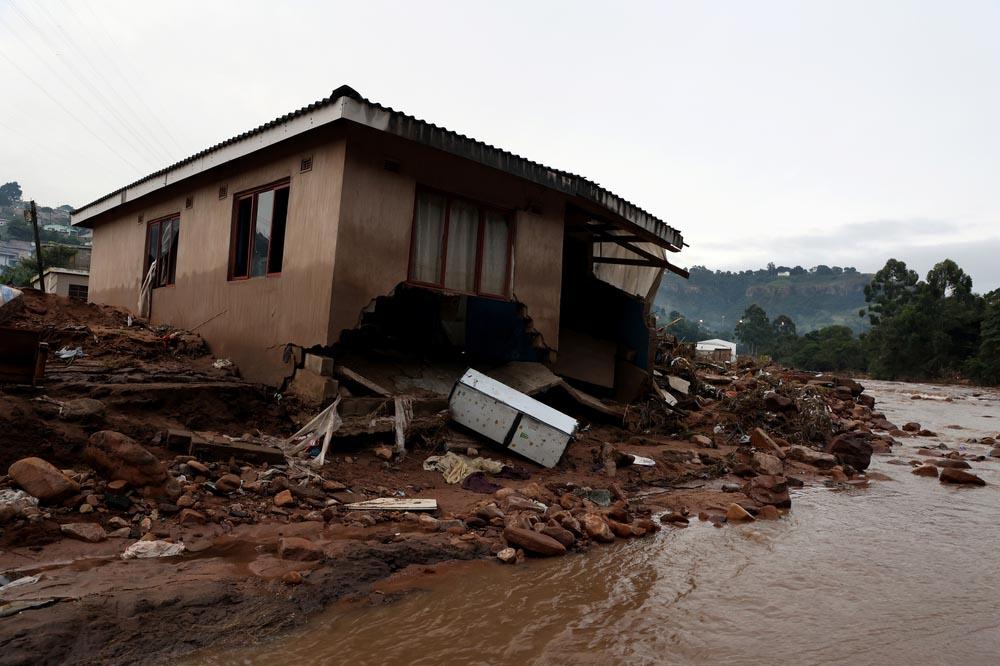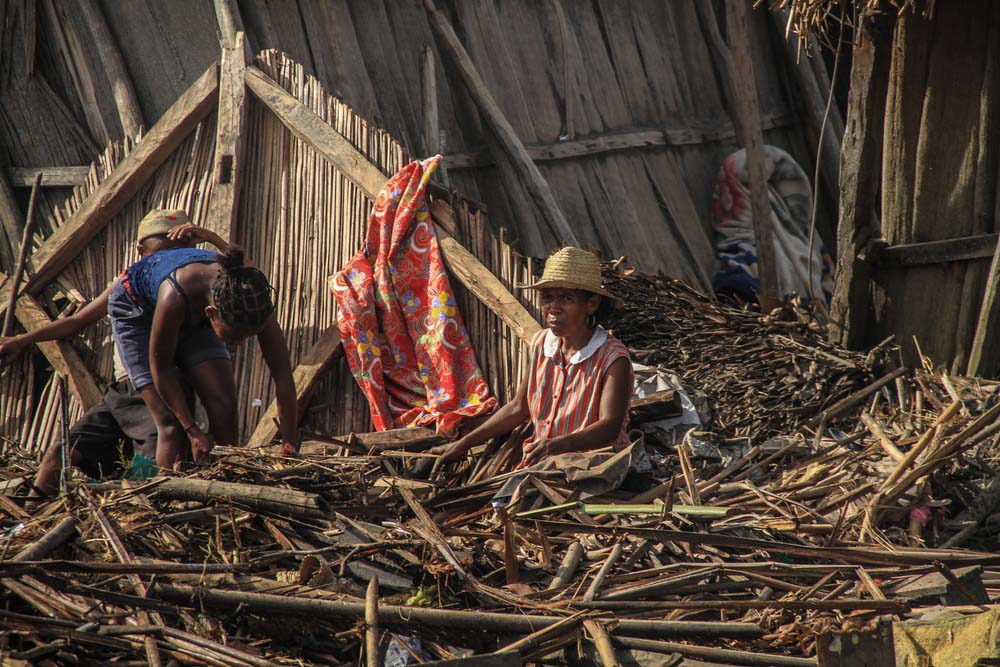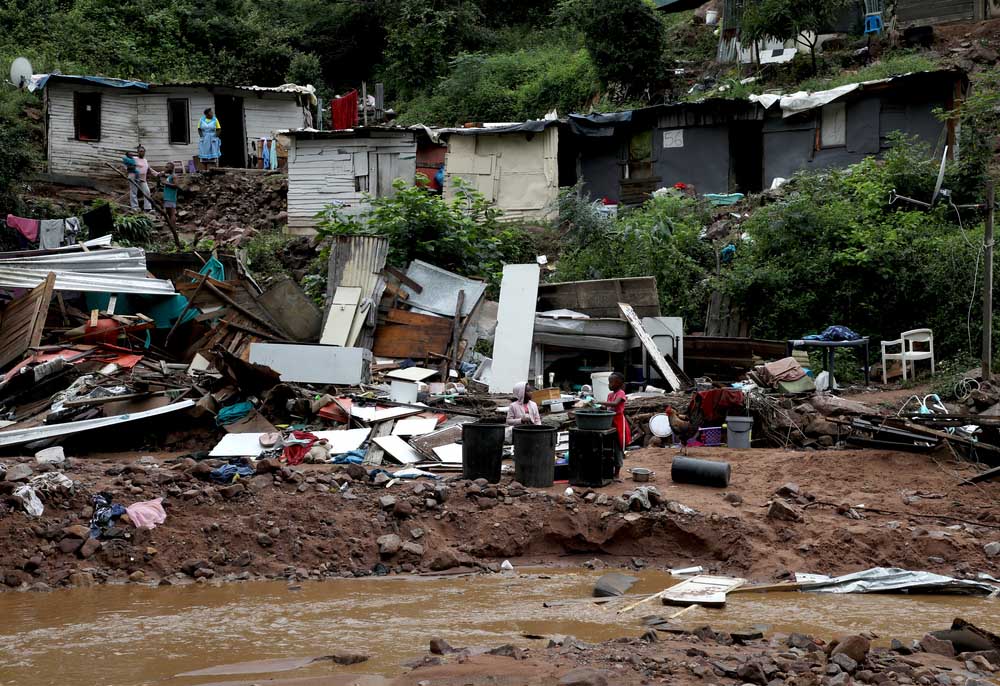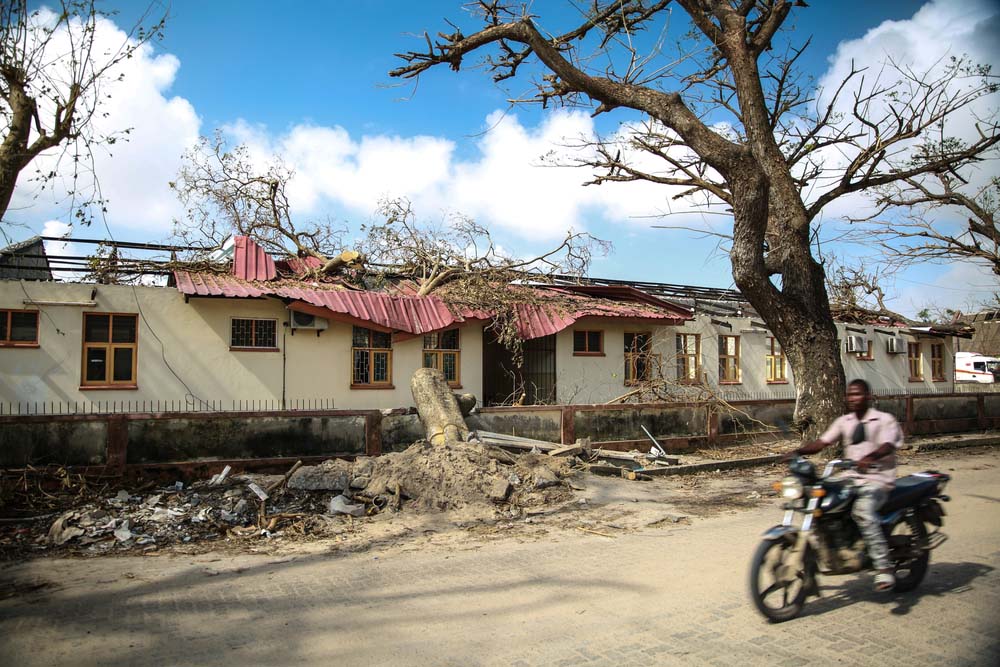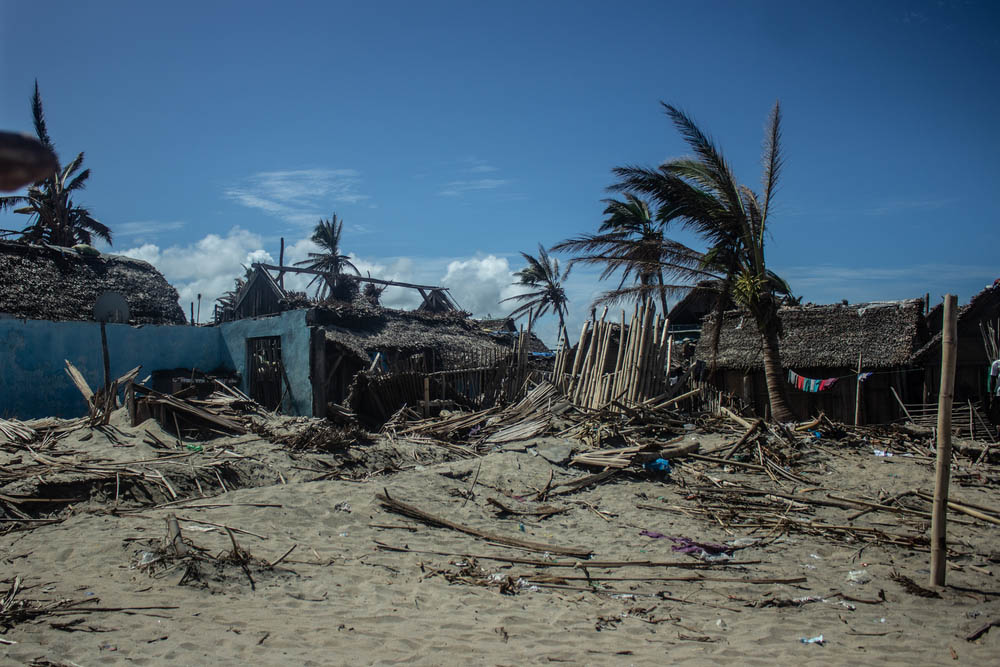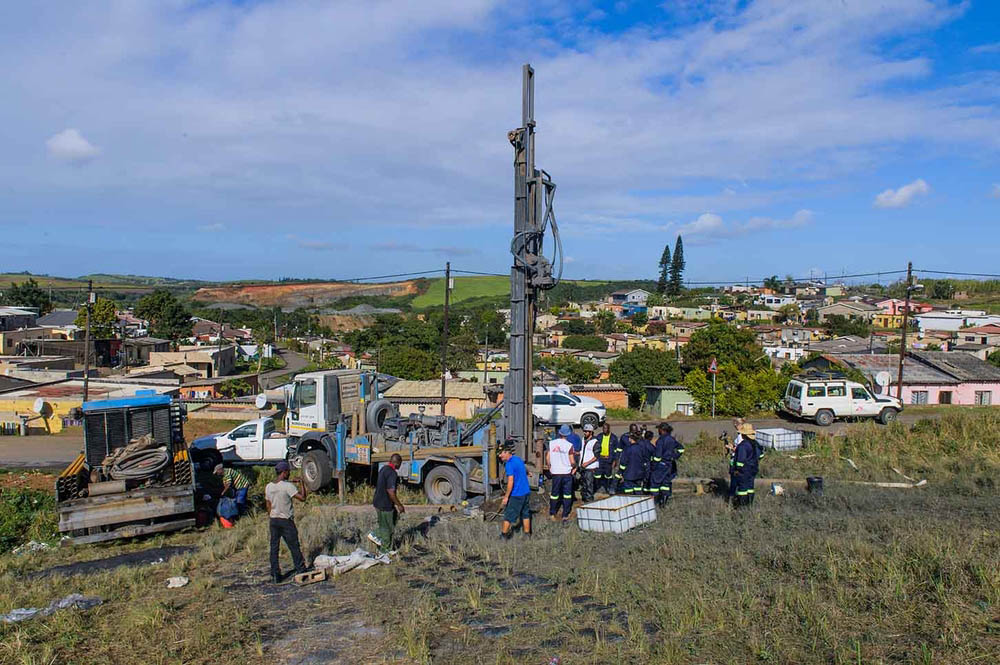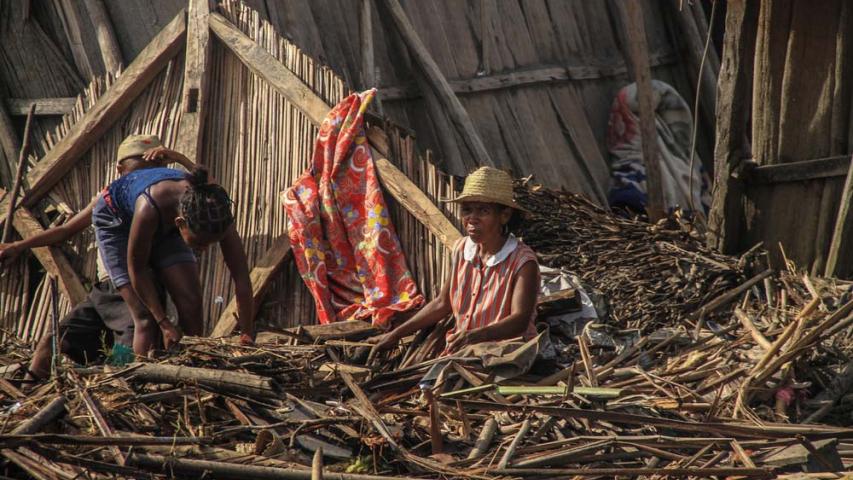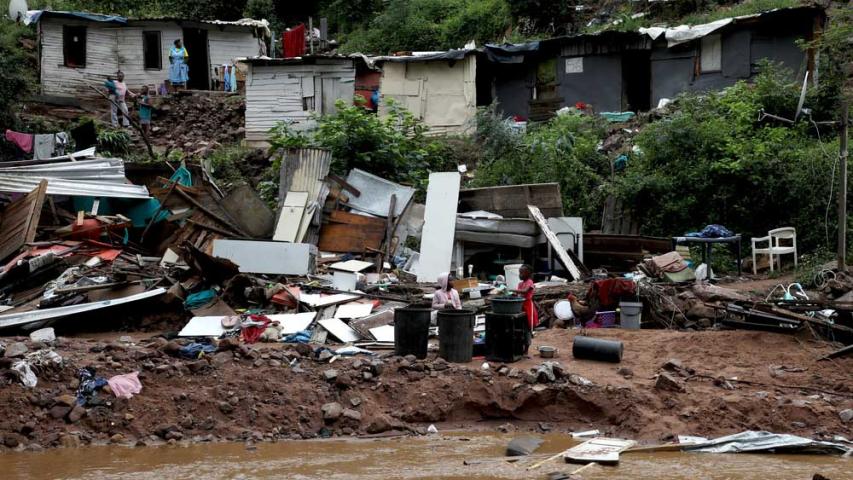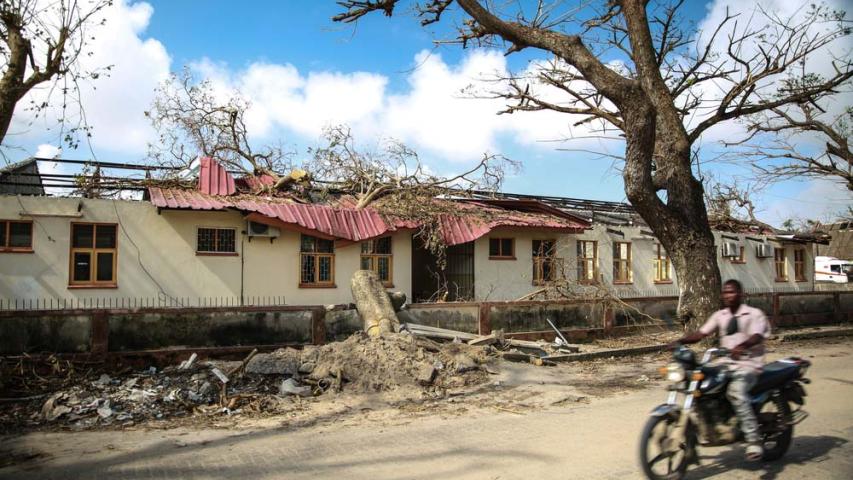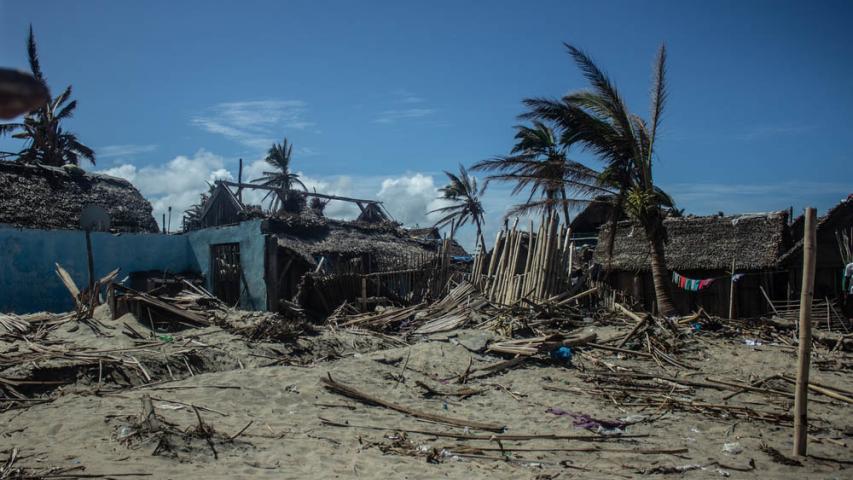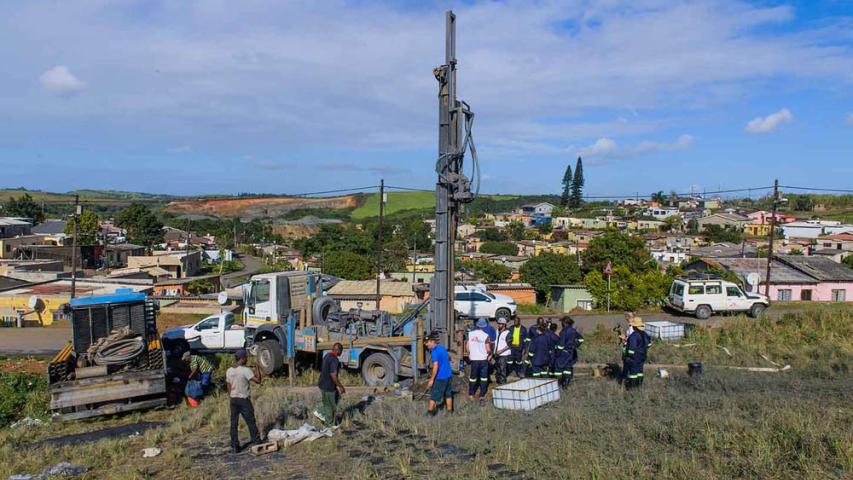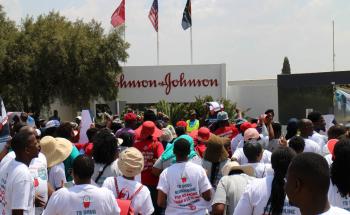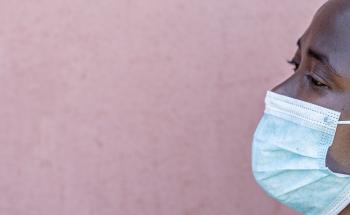Tshepo Phakisi, Doctors Without Borders (MSF) climate engagement coordinator in Southern Africa, explains why it’s vital to equip communities for a climate-change crisis and the importance of resilient health systems.
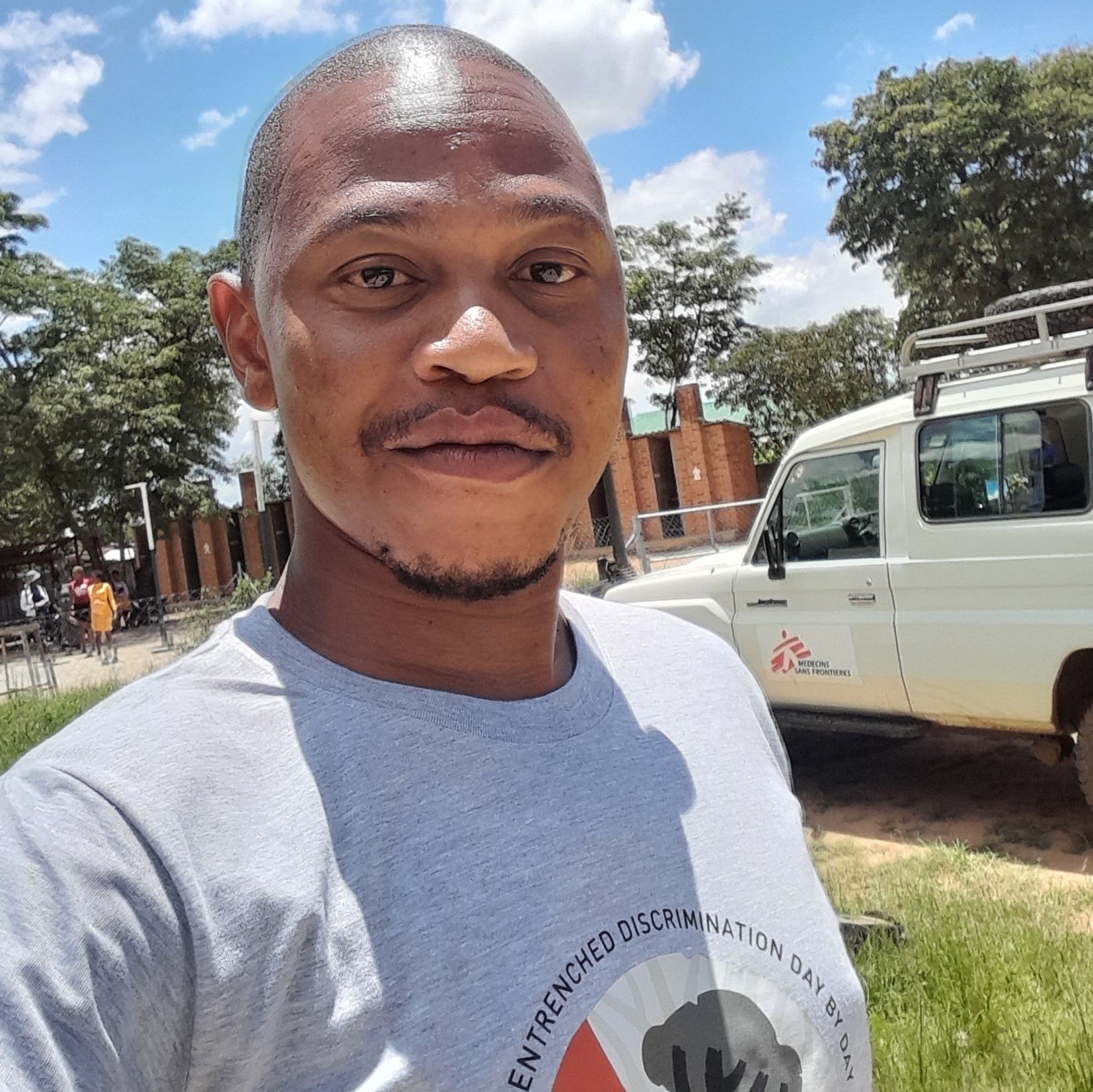
You can't separate climate change and health. If you think about it, why are we talking about climate change? Why are we concerned when floods hit? What is important when disasters hit is health. Climate change begins and ends with people, and climate change is a health crisis,Tshepo Phakisi, MSF climate engagement coordinator in Southern Africa
Raised in Wesselsbron in the Free State, Tshepo always found air pollution interesting, but it wasn’t until it affected his health directly that his interest peaked. “I was taught about it in university, but it really didn’t register until I had to do my community service in Sasolburg. I got sick for about three months with constant coughing. I did a bunch of tests, but all was good. The only difference was that I had moved to a new environment that smelled horrible due to factory operations happening in the town,” says Tshepo. Compared to neighbouring towns, Sasolburg has excessive air pollution because of industrialisation. Communities living in this town have been experiencing poor health, particularly respiratory diseases.
Trained as an environmental health practitioner, Tshepo joined Doctors Without Borders (MSF) as a climate engagement coordinator in 2022. “The role was created because of the climate-related emergencies that Southern Africa has been experiencing,” he explains.
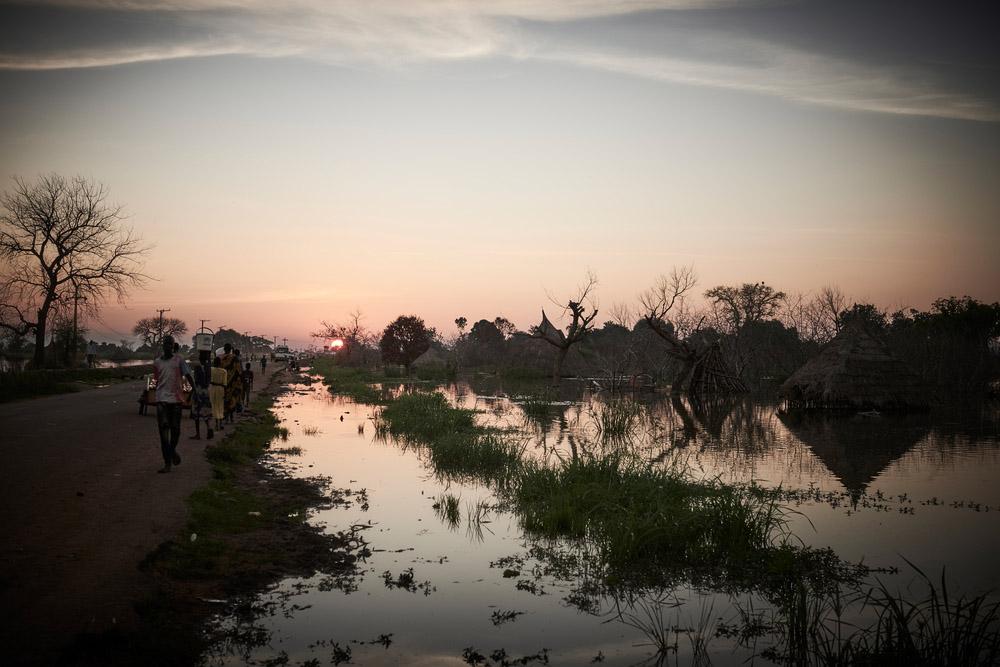
Malawi, Mozambique, Madagascar and Zimbabwe have experienced devastating floods caused by tropical cyclones, and people are seriously affected. MSF deals directly with the impact of climate change on healthcare in the communities we serveTshepo Phakisi, climate engagement coordinator in MSF Southern Africa
In recent years, MSF has had to respond to an increasing number of areas affected by climate change, which prompted us to build a team to work with communities and find solutions. "What is needed is to have an Africa that is focusing on climate change,” says Tshepo. “There are food insecurities because of temperature changes, and you have pests migrating... There's a situation in Kenya where locusts are eating away at crops. What's going to happen to that food for those people?“
Between 2019 and 2022, East Africa was hit by a locust invasion, causing food shortages across the regions. It had been 25 years since Ethiopia and Somalia were hit by an infestation of this magnitude and 70 years for Kenya. In Madagascar, three years of no rain have caused a severe drought which has prevented people from farming which has resulted in famine.
Our most important partners are our Southern African community. This means we will be engaging with people who have a stake in health and climate, particularly the communities we work with.Tshepo Phakisi, MSF climate engagement coordinator in Southern Africa
“As MSF, we need to advocate for better adaptation with awareness, anticipation, risk reduction and exploiting new opportunities. We also need to equip communities to be resilient to the problems caused by climate change and advocate for resilient health systems.”
“If you have a health system that is resilient, it becomes easier for people to cope and adapt to the crisis. It also relieves a lot of burdens before climate-related events happen. We must build up capacity within Southern Africa. Our most important partners are our Southern African community. This means we will be engaging with people who have a stake in health and climate, particularly the communities we work with,” says Tshepo.
"This is important because communities have indigenous knowledge and can lead the adaptation. Indigenous people have used their understanding, skills and philosophies throughout history to adapt to environmental changes and manage their interactions with the natural environment. Some of them have been working on this for years without anybody teaching them. How about we just come together and share that kind of knowledge?”
